Market Share
Solar Control Glass Market Share Analysis
Within the ever-changing environment of the solar control glass market, companies use several tactics for obtaining and improving their position on it. A popular strategy is differentiation through product innovation and technological advancements. Companies invest heavily in research and development to come up with solutions of solar control glass that is unmatched, outdoing the competition on energy efficiency, optical clarity as well durability. This approach not only accommodates the growing need for sustainable and environmentally friendly methods, but it puts company on top of their field. Another significant market share positioning strategy is brand building and marketing. Companies work towards developing a robust brand identity that appeals to the consumers, making them distinct from competitors. Companies seek to attract the attention of architects, builders, and homeowners by means of focused marketing campaigns focusing on advantages offered with their solar control glass products. Presumably, if a company builds credibility and solid track record of quality then the customer loyalty will increase that means more market share. Strategic partnerships and alliances also contribute much to market positioning. Solar control glass manufacturers can increase their influence and reach by forming these alliances with architects, construction firms, and other stakeholders in the building industry. Partnerships of this kind may lead to exclusive supply contracts, providing them with stable demand for the products in large construction projects. Moreover, partnerships with government institutions or environmental organizations should help companies align their products to sustainability actions and attract green consumers. Pricing strategies are fundamental to position of market share in the sector for solar control glass. If cost sensitivity is high, companies can implement competitive pricing to give them a larger customer base. On the other hand, premier pricing approaches could be used in relation to high-end technologically advanced solar control glass products. This strategy focuses on customers who value performance and are willing to pay for state-of-the art approaches allowing companies to cut out a niche in the market competition. In as far as the market share positioning is concerned, geographical expansion becomes a critical aspect of this process due to global nature associated with solar control glass industry. The companies position themselves in the areas that have a promising growth potential for construction activities or those regions where more people understand energy efficiency. Through the creation of a solid presence in core markets, companies will be able to realize benefits from economies of scale as well as reduction in transport costs and can adjust their products according regional preferences or regulatory requirements.


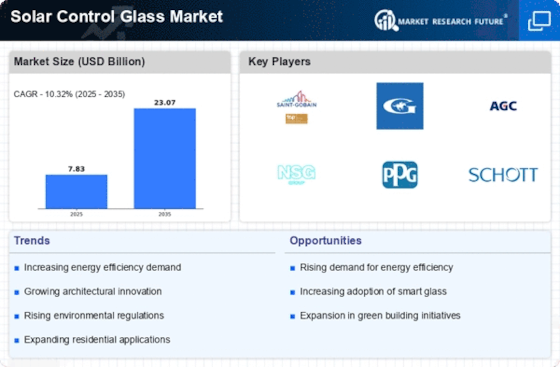
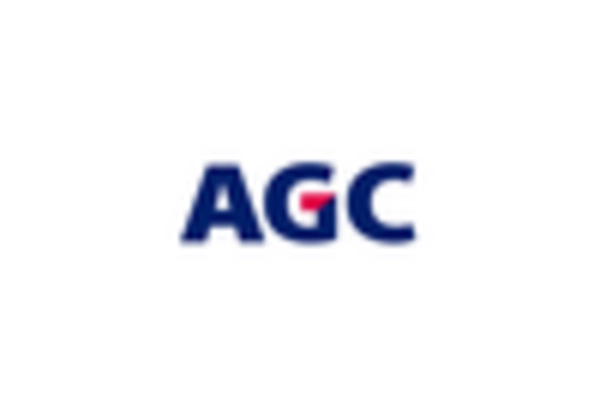
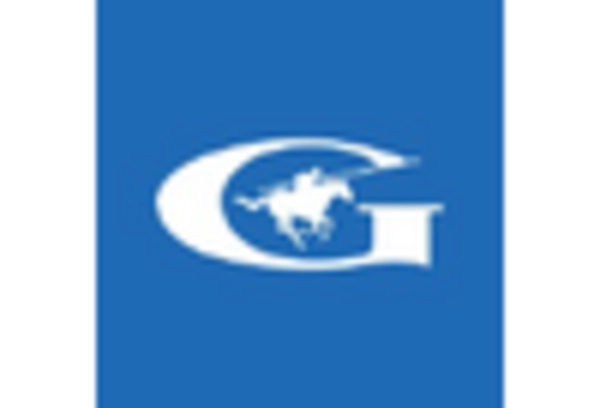
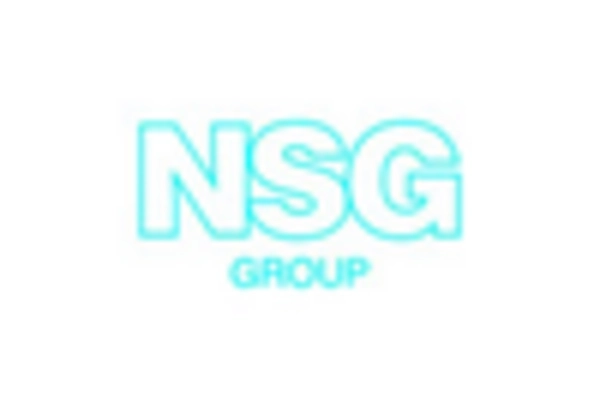
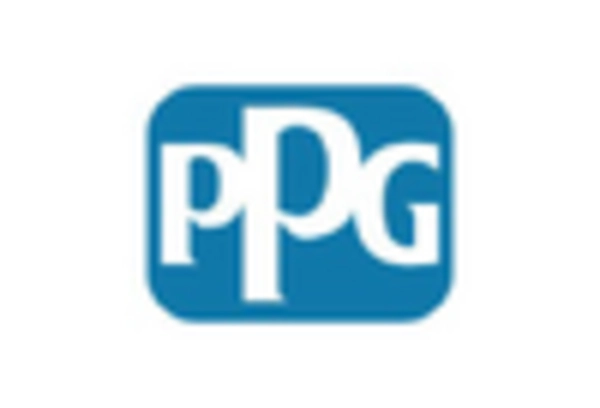

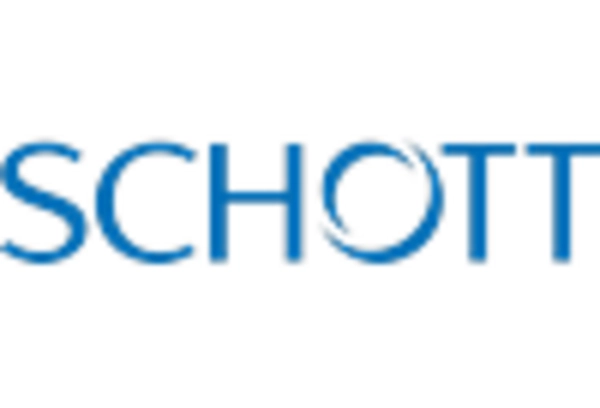










Leave a Comment